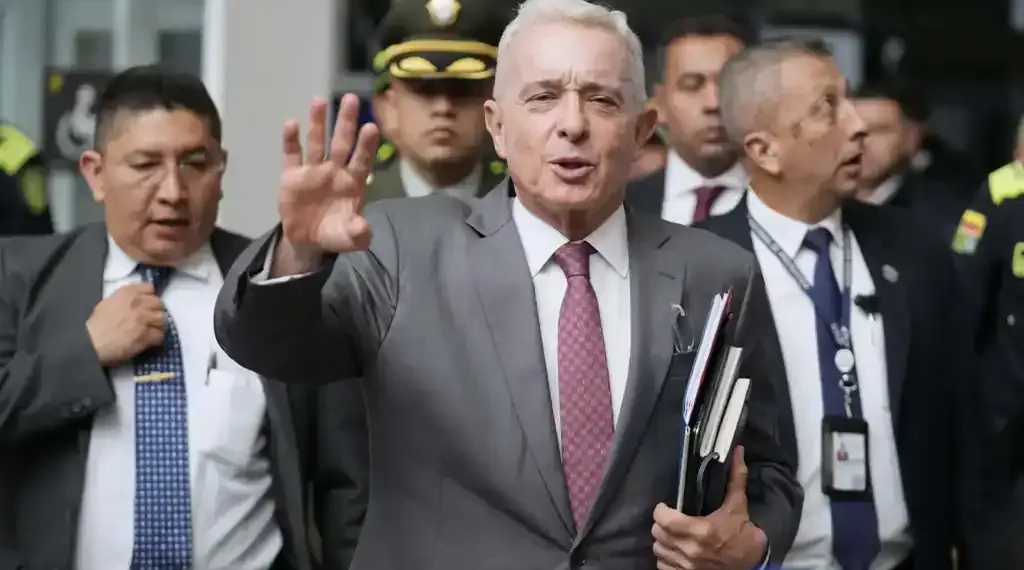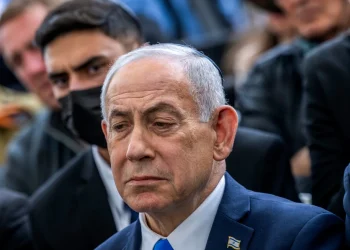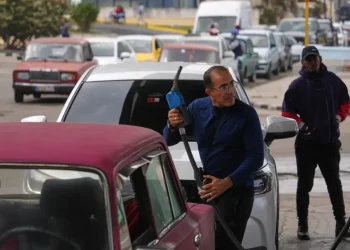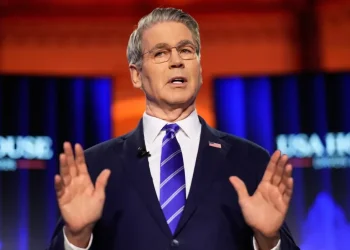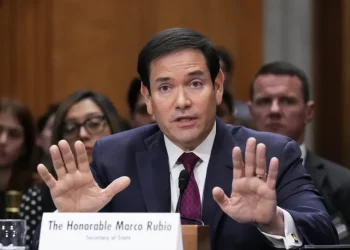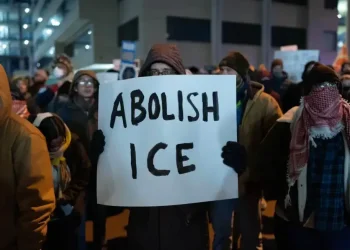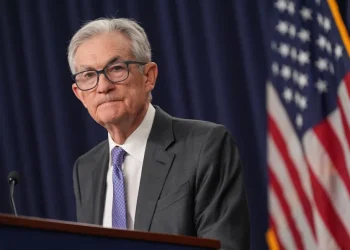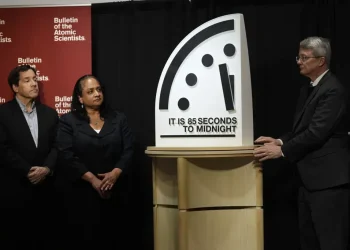Álvaro Uribe Sentenced to 12 Years House Arrest in Landmark Bribery Case
Written: August 2, 2025 | 16:00 EDT (U.S. Time)
In a decision that marks a pivotal moment in Colombian political and legal history, former President Álvaro Uribe has been sentenced to 12 years under house arrest after being found guilty of bribery and witness tampering. The ruling, delivered by a Colombian court on Friday, concludes a months-long trial that has stirred public opinion and cast a shadow over the legacy of one of the country’s most influential conservative leaders.
Uribe, who led Colombia from 2002 to 2010 and enjoyed strong support from the United States during his presidency, denies the charges and has already vowed to appeal the sentence.
The Court’s Decision and Sentence
The sentencing followed Uribe’s conviction on Monday, when Judge Sandra Heredia ruled that sufficient evidence had been presented showing the former president had worked with an attorney to influence witnesses. These witnesses had previously linked Uribe to paramilitary activity during Colombia’s violent 1990s, a time marked by widespread human rights abuses.
On Friday, Judge Heredia rejected a defense request to allow Uribe to remain free during the appeals process, citing concerns he might flee the country. The ruling also included a fine of approximately $776,000 and an eight-year ban on holding public office.
“Politics prevailed over the law in sentencing,” Uribe commented after the hearing. On social media, he posted that he was preparing arguments for an appeal, emphasizing the importance of focusing on solutions during moments of personal crisis.
Background: A Polarizing Political Figure
Álvaro Uribe remains a deeply polarizing figure in Colombia. Supporters often credit him with stabilizing the nation during a period when Colombia was on the brink of becoming a failed state. His administration’s military efforts significantly weakened the Revolutionary Armed Forces of Colombia (FARC), a left-wing guerrilla group, and set the stage for the 2016 peace accord that led to the demobilization of over 13,000 fighters.
However, critics associate Uribe with the rise of right-wing paramilitary groups accused of committing widespread atrocities. Human rights organizations have long scrutinized his ties to such groups, though Uribe has denied any involvement.
The current case stems from an unusual reversal of legal proceedings. In 2012, Uribe filed a libel complaint against left-wing Senator Iván Cepeda, who had accused him of maintaining links with paramilitary forces. But in 2018, the Supreme Court dismissed Uribe’s complaint and instead opened a criminal investigation into Uribe himself.
Key Allegations and Evidence
According to the court, Uribe and a lawyer conspired to convince three imprisoned former paramilitaries to alter their testimony—specifically to discredit statements they had given to Senator Cepeda. The manipulation allegedly included bribes and other incentives designed to influence their cooperation.
Judge Heredia stated during Monday’s ruling that the evidence presented during the six-month trial demonstrated a coordinated effort to interfere with justice. The court relied on witness testimony, communications records, and recordings that reportedly showed direct efforts to manipulate legal proceedings.
Public Reaction: A Divided Nation Responds
As news of the sentencing spread, reactions across Colombia reflected the country’s ongoing political divide. In Bogotá, Uribe supporter Martha Peñuela Rosales described feeling devastated by the verdict. “It’s an unjust sentence. He deserves to be free,” she said tearfully.
Conversely, anti-Uribe demonstrators gathered outside the courthouse in celebration. Sergio Andrés Parra, one protester, said the ruling was a long-awaited act of justice. “Even if he appeals, history has already condemned him,” Parra said.
Legal Outlook: Appeals Process Ahead
Uribe’s legal team has signaled that it will appeal the decision, which means the case will move to an appellate court. A ruling is expected by early October. Regardless of the outcome, the verdict already stands as one of the most significant legal actions against a former head of state in Colombia’s democratic history.
Both the prosecution and the defense will have the opportunity to appeal the appellate court’s ruling to the country’s Supreme Court, potentially prolonging the legal battle for months or even years.
Broader Implications for Colombian Politics
This ruling arrives at a time when Colombia continues to navigate complex political terrain. Current efforts to maintain peace, address historical injustices, and reform its legal institutions are being closely monitored by both domestic actors and the international community.
Uribe’s conviction may have lasting consequences for Colombia’s conservative political movement, which he helped shape for nearly two decades. While he no longer holds public office, his influence remains visible in the country’s political discourse and policymaking.
Conclusion
The sentencing of Álvaro Uribe to house arrest is not just a legal milestone—it represents a turning point for Colombia’s political accountability. As the former president prepares to appeal his conviction, the nation watches closely, divided yet hopeful that the country’s institutions can uphold the rule of law without fear or favor.
This article was rewritten by JournosNews.com based on verified reporting from trusted sources. The content has been independently reviewed, fact-checked, and edited for accuracy, neutrality, tone, and global readability in accordance with Google News and AdSense standards.
All opinions, quotes, or statements from contributors, experts, or sourced organizations do not necessarily reflect the views of JournosNews.com. JournosNews.com maintains full editorial independence from any external funders, sponsors, or organizations.
Stay informed with JournosNews.com — your trusted source for verified global reporting and in-depth analysis. Follow us on Google News, BlueSky, and X for real-time updates.
